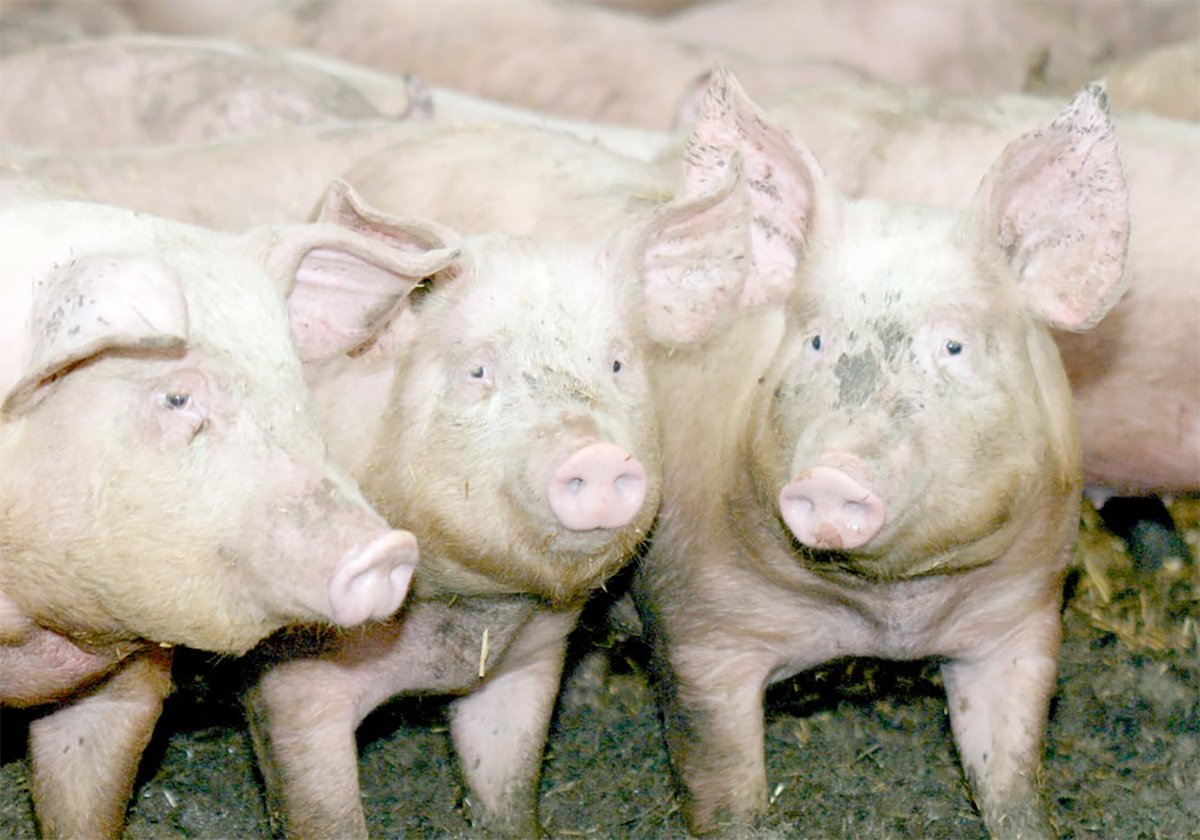REGINA – A glow has returned on the beef export horizon with the export of 3,000 Canadian beef embryos to Russia.
A collection of 1,500 Limousin and 1,500 Angus embryos will be implanted in Friesian cows in that country to start a beef rebuilding program.
For Alexander Rumyantsev, a provincial minister of agriculture in Russia’s Volga River area, this is the beginning of a firm partnership with Canadian technicians and producers who provided the genetic material.
While he knows not every embryo produces a calf, he still expects
Read Also

The Western Producer Livestock Report – November 13, 2025
Western Producer Livestock Report for November 13, 2025. See U.S. & Canadian hog prices, Canadian bison & lamb market data and sales insights.
reasonable results.
“If we have 50 percent or better, that will be great for us,” he said through a translator following the announcement of the deal at Canadian Western Agribition on Nov. 24.
The cattle will be born in a region with eight months of winter where temperatures can plunge to – 40 C and annual precipitation hovers around 450 millimetres. Cattle tend to be housed in pens and indoors for protection against the weather, the minister said.
The Russians preferred to buy embryos rather than semen because the reproductive process is faster as they work to build up their beef herds.
The country has imported about 3,000 North American dairy cattle in the past and has achieved a milk production average of 12,000 kilograms per year.
Alta Exports International president Gary Smith said the agreement came at the best possible time after a two year embargo on Canadian livestock due to BSE.
“It’s refreshing,” he said.
“BSE has been really rough on producers and exporters. When we did this deal with Russia it was a bright light at the end of a tunnel.”
The real work begins in servicing the new account, which has been two years in the making.
“Anybody can make a sale but if you don’t have support to make sure it is successful, you will never make another one.”
Alberta veterinarian and embryo specialist Roger Davis will be working with the Russians.
Smith also wants to send a technician to Russia to provide technical support and prepare the recipient cows to ensure the highest level of success possible.
Embryos were collected from cattle across Canada with the stipulation the bulls tested IBR negative.
Canadians typically vaccinate for this disease and if people are interested in exporting they need to investigate the health specifications and decide if it is worth doing.
“The health protocol for the production of the embryos is difficult but manageable,” he said.
“We found bull semen that qualified from all across Canada. But not enough; we needed more.”
Other deals are pending.
Thousands of embryos have been sold to China with the promise of future purchases to upgrade the dairy and later the beef herds.
A new protocol to ship live cattle to Ukraine has been received but further negotiations are required.















